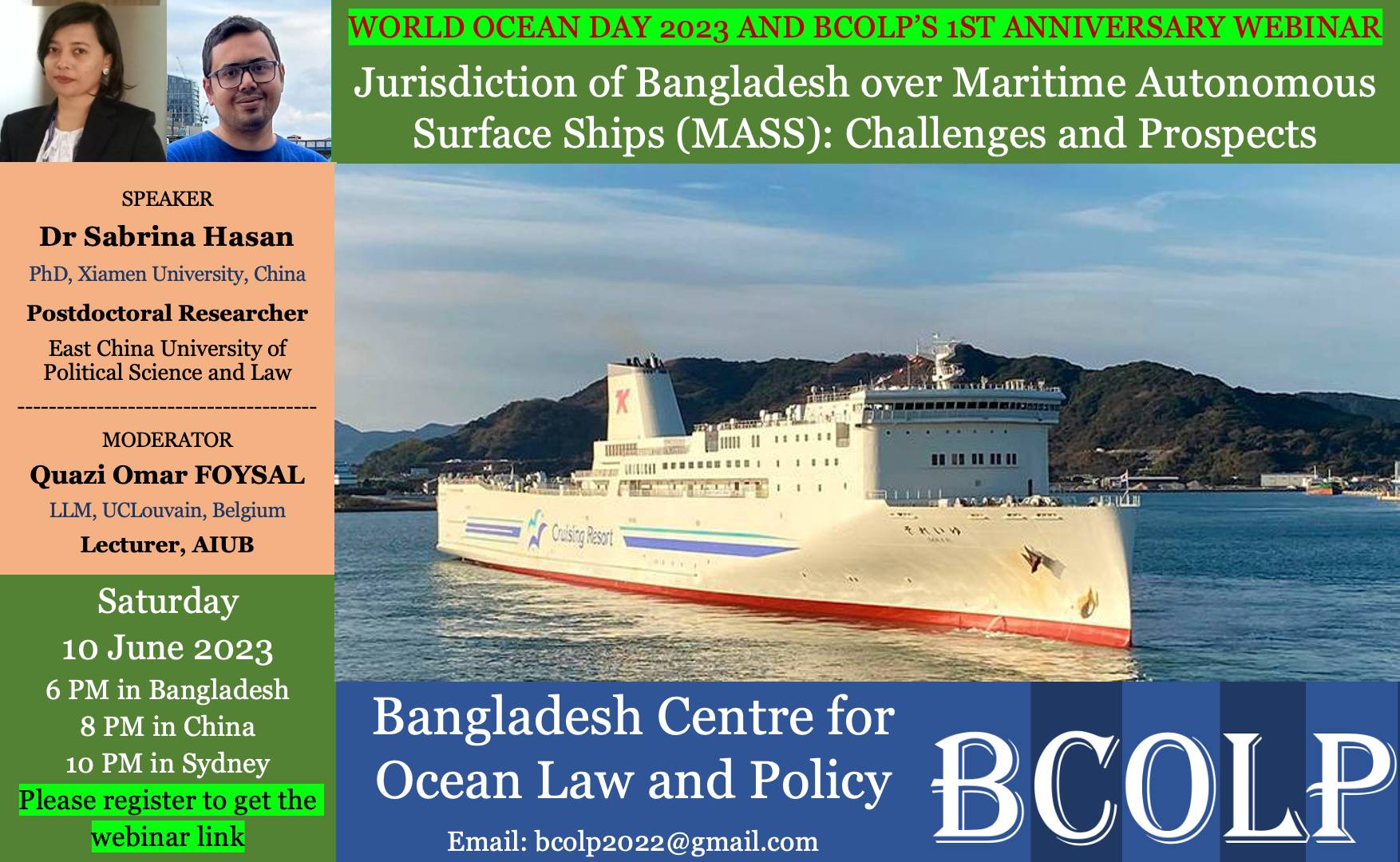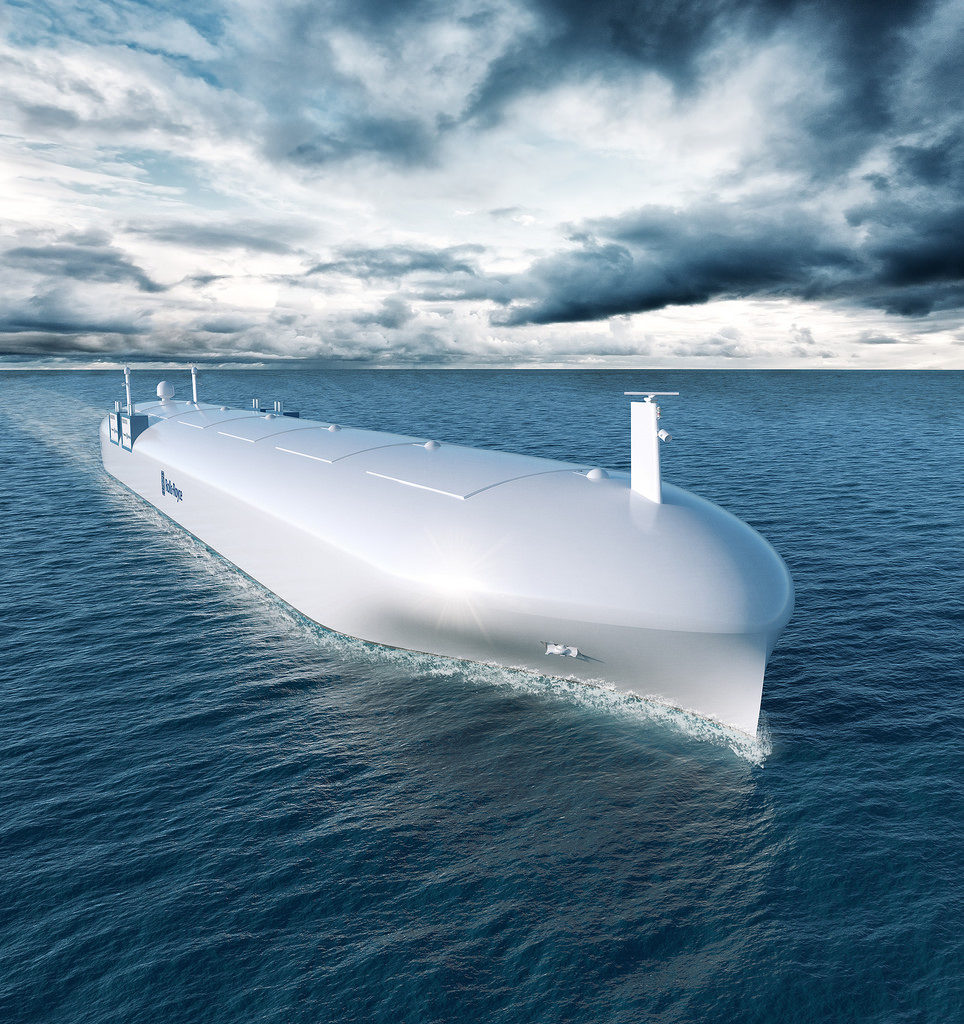Abstract: The evolution of maritime autonomous surface ships (MASS) has gained global attention as it is poised to change the maritime industry in every aspect significantly. It is expected that adopting autonomous technologies could offer considerable benefits, including safer and more environmentally friendly shipping. However, legal challenges may arise due to non-compliance with existing laws concerning the rights and duties of states. These challenges may create dichotomies in enforcing state jurisdiction over MASS under the United Nations Convention on the Law of the Sea (UNCLOS). Bangladesh, a coastal state and one of the major shipbuilding nations, plays a crucial role in global shipping. Therefore, this discussion outlines the challenges that Bangladesh would face as a coastal, port, and flag state when enforcing its jurisdiction over MASS under the law of the sea. Furthermore, the role of the International Maritime Organization as an international shipping regulatory body and the impacts of its mandate in addressing these challenges are also crucial to this discussion. Finally, the discussion suggests that Bangladesh, as a state party to UNCLOS, should consider these challenges in adopting new regulations for MASS operations.







